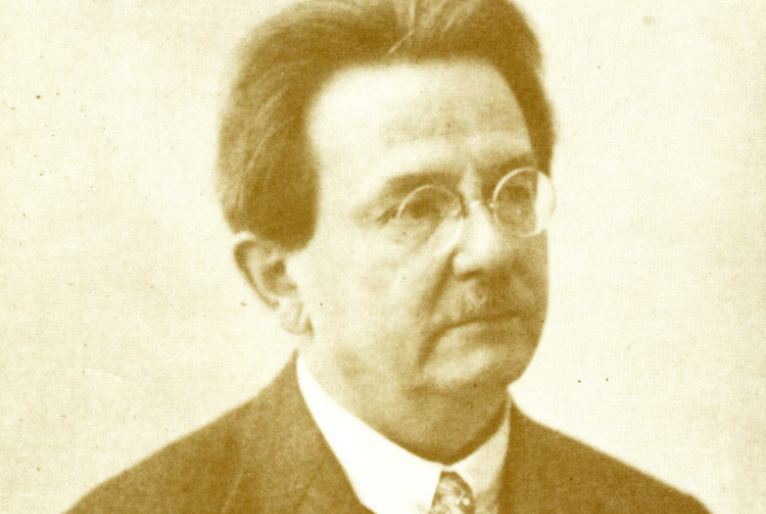Franz Schmidt, an Austrian composer, organist, pianist, and cellist, was born on December 22, 1874, in Pressburg, Austria-Hungary (now Bratislava, Slovakia). He emerged as a prominent figure in the late Romantic and early modernist musical landscape, leaving behind a legacy of orchestral works, chamber music, and operas.
Schmidt’s musical journey began at an early age when he showed exceptional talent as a cellist. He studied at the Vienna Conservatory, where he honed his skills in composition under the guidance of renowned composers such as Robert Fuchs and the legendary Gustav Mahler. Mahler’s influence, in particular, left a profound mark on Schmidt’s musical style and approach.
After completing his studies, Schmidt embarked on a successful career as a cellist, performing with various orchestras including the Vienna Court Opera and the Vienna Philharmonic Orchestra. However, it was his compositions that ultimately garnered him widespread acclaim.
Schmidt’s compositions reflect a blend of late Romantic lushness with modernist sensibilities. His symphonies, in particular, are celebrated for their rich orchestration, emotional depth, and structural integrity. Among his most notable works are the four symphonies, with the Symphony No. 4 in C major, also known as the “Symphony of Tragedy,” standing out as a pinnacle of his orchestral output.
In addition to his symphonic works, Schmidt composed several operas, including “Notre Dame,” based on Victor Hugo’s novel “The Hunchback of Notre Dame.” This opera showcases his gift for melody and his ability to convey complex emotions through music.
Despite his considerable talents and contributions to music, Schmidt’s life was not without its challenges. He faced personal tragedies, including the loss of his daughter, which deeply affected him and found expression in his music. His Symphony No. 4, composed in the wake of this loss, is a poignant reflection of grief and introspection.
Throughout his life, Schmidt remained dedicated to his craft, serving as a professor of piano and composition at the Vienna Conservatory and later as a professor of piano at the University of Vienna. His impact on Austrian music extended beyond his compositions, influencing generations of musicians through his teaching and mentorship.
Franz Schmidt passed away on February 11, 1939, leaving behind a body of work that continues to captivate audiences and inspire musicians to this day. His music, characterized by its emotional depth, technical brilliance, and profound sincerity, ensures his enduring legacy in the annals of classical music.


Comments are closed